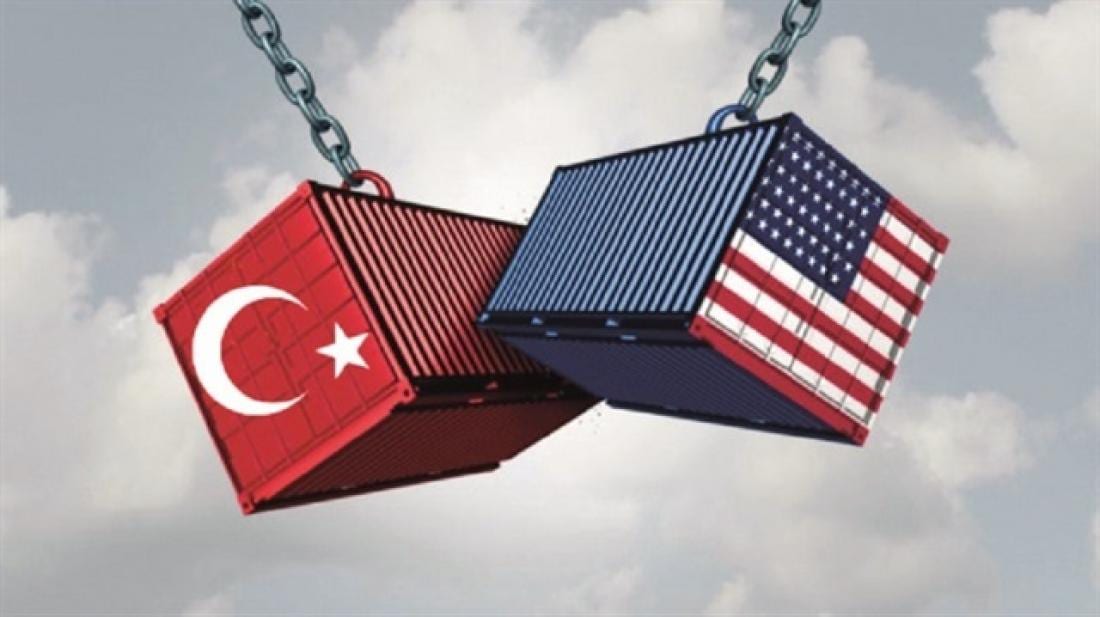by Erin Dunne, Washington Examiner
It’s no secret that democracy is slipping in Turkey. But the latest indicator — an announcement from the country’s election commission that voided the results of opposition victory in Istanbul, should leave no illusions on where Turkish President Recep Tayyip Erdoğan stands.
March 31 was a great day for the Turkish opposition. For the first time in 25 years Erdoğan’s Justice and Development Party, known as the AKP, lost the mayoral election, handing opposition politician Ekrem Imamoğlu the victory. After weeks of recounts, the result was confirmed and Imamoğlu took office in April.
For the AKP, which had also lost the mayoralty of the capital, Ankara, Imamoğlu’s narrow victory was a severe blow. Nevertheless, Erdoğan and his party initially seemed poised to hand over control and concede defeat. For observers, the opposition victory also seemed to indicate that despite an alleged coup attempt and a subsequent crackdown which Erdoğan used to consolidate power, democracy might still have a chance in Turkey.
All of those hopes, however, crashing down on Monday when the country’s High Election Commission voided the results and ordered a new election in Istanbul. The commission, reportedly stacked with Erdoğan loyalists, bent to Erdoğan’s wishes and found in his party’s vague assertions of electoral irregularities. Needless to say, demanding a re-do of unfavorable elections from politically trained commissions does not bode well for upholding democratic legitimacy.
For the U.S. such a bold step of seemingly direct political interference adds to already troubled relations with Turkey.
Washington has already pledged to withhold a Turkish order of F-35 fighter jets over Erdoğan’s purchase of Russian missiles. The U.S. is now considering cutting Turkey out of the program entirely. Additionally, Washington and Ankara have had substantial disagreements about Syria and, in particular, the U.S.-allied Kurdish fighters who were key to beating back ISIS. Adding openly undemocratic practices to those already tense relations indicates a lack of interest and respect for building relations with the West, maintaining ties with NATO or seeking admission to the European Union — once a goal for Turkey.
Instead, Erdoğan is leaning toward Moscow and Russian President Vladimir Putin, picking his missiles over NATO and his brand of authoritarianism over democracy.
That shift leaves Washington without a key regional ally for ongoing operations in the Middle East, including in Syria and Afghanistan. It also gives Russia greater regional access while dividing NATO members and separating the U.S. from its allies. In short, none of that bodes well U.S. for interests.
For Trump, who has been more than conciliatory in his relationship with Erdoğan, the AKP’s election interference in Istanbul is a reminder that the Turkish president is no friend to the U.S. or democracy.









